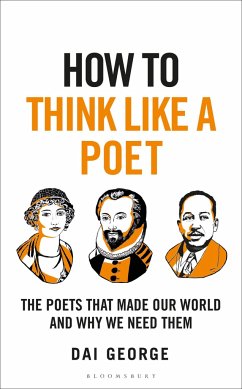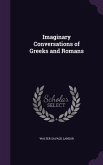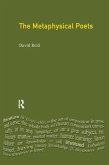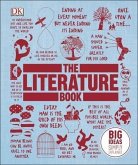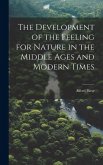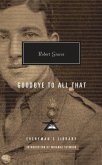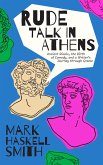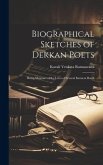An entertaining guide to history's most influential and inspiring poets - from Homer and Sappho to Shakespeare and Frank O'Hara - and how they can teach us to better understand the world around us.
How did the greatest poets in history make the world anew? And what can we learn from the magic, wisdom and humour of their poetry? From the genius of the Ancient Greeks through to the love poetry and metaphysics of the Renaissance, through to the New York poets of the 20th century, this is the ultimate guide to the greatest writers of the human age.
Through short, biographical portraits, poet and writer Dai George provides an entertaining introduction to the great works of poetry, and a welcoming guide to how we can read them. He addresses questions poets have grappled with: How can we truly describe the world? How can we express love, grief or friendship? How can poetry help us to understand justice, dreams or anger?
This book paints vivid pictures of a global selection of renowned poets throughout history: from Sappho, Li Bai and Rumi, to William Shakespeare and John Donne, to Frank O Hara, Pablo Neruda and Sylvia Plath. George also seeks to re-examine the canon, traditionally dominated by Western, white and male poets, and bring to light major figures from other important cultures and communities, including China, India and the Caribbean.
How did the greatest poets in history make the world anew? And what can we learn from the magic, wisdom and humour of their poetry? From the genius of the Ancient Greeks through to the love poetry and metaphysics of the Renaissance, through to the New York poets of the 20th century, this is the ultimate guide to the greatest writers of the human age.
Through short, biographical portraits, poet and writer Dai George provides an entertaining introduction to the great works of poetry, and a welcoming guide to how we can read them. He addresses questions poets have grappled with: How can we truly describe the world? How can we express love, grief or friendship? How can poetry help us to understand justice, dreams or anger?
This book paints vivid pictures of a global selection of renowned poets throughout history: from Sappho, Li Bai and Rumi, to William Shakespeare and John Donne, to Frank O Hara, Pablo Neruda and Sylvia Plath. George also seeks to re-examine the canon, traditionally dominated by Western, white and male poets, and bring to light major figures from other important cultures and communities, including China, India and the Caribbean.

